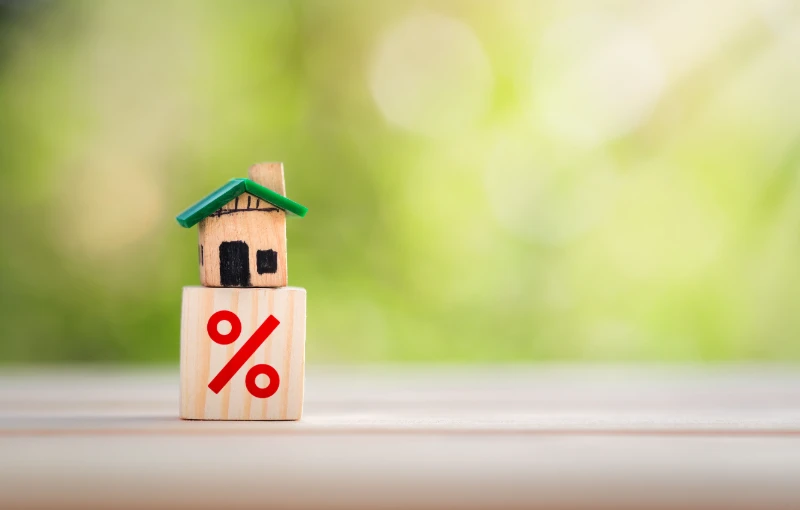Choosing the right mortgage professional is a critical step in the home-buying process. Whether you…
Weighing Your Options–The Pros and Cons of Homeownership
Starting the adventure of purchasing your first home is a dream for many, fueled by the excitement of investing in your future and creating a personal haven. However, with the perks come significant financial and practical factors to consider. This guide breaks down the ups and downs of homeownership, aiming to give you the insights you need to make a choice that feels right for you.
The Benefits of Buying a House
Investment and Equity Building: One of the most compelling reasons to buy a home is the opportunity to invest in your future. As you pay down your mortgage, you build equity – the difference between your home’s market value and what you owe. This equity can grow over time as your home appreciates, providing a solid foundation for your financial future.
Tax Advantages: Homeownership can offer various tax deductions, including mortgage interest and property taxes, potentially saving you money during tax season.
Credit Enhancement: Consistently making mortgage payments on time can bolster your credit score, reflecting positively on your credit history.
Privacy and Personalization: Owning a home affords you greater privacy and the freedom to customize your living space without the constraints often imposed by rental agreements.
Stable Housing Costs: With a fixed-rate mortgage, you can lock in your monthly payment for the duration of your loan, shielding you from the rent increases common in the rental market.
A Sense of Achievement: For many, owning a home is a key aspect of the American dream, offering a sense of stability and accomplishment.
The Drawbacks of Homeownership
Initial Costs: The upfront expenses of buying a home, including the down payment and closing costs, can be substantial, requiring significant savings or financial planning.
Equity Takes Time: While building equity is a major advantage, it’s a slow process, especially in the early years of a mortgage when payments are mostly applied to interest.
Market Volatility: The housing market can fluctuate, affecting home values and potentially impacting your investment.
Maintenance Responsibilities: Homeowners are responsible for all maintenance and repairs, which can be costly and time-consuming.
Property Taxes and Other Expenses: Beyond the mortgage, homeowners face recurring expenses like property taxes, homeowners insurance, and possibly homeowners association (HOA) fees.
Reduced Flexibility: Selling a home can be a complex and lengthy process, offering less flexibility than renting if you need or want to move.
Making the Decision
Choosing whether to buy a home involves balancing these pros and cons against your personal and financial circumstances. Considerations like your career stability, long-term goals, and readiness to take on the responsibilities of homeownership are crucial in this decision-making process.
Ultimately, while homeownership offers a pathway to financial growth and personal satisfaction, it also demands careful planning and consideration. By thoroughly evaluating the advantages and drawbacks, you can determine if buying a home aligns with your current lifestyle and future aspirations.



